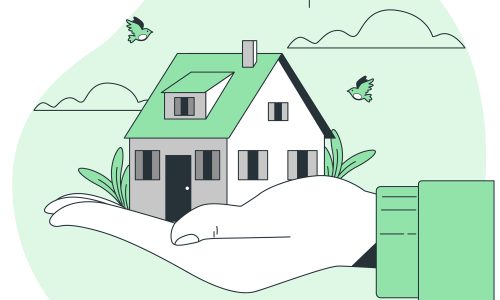Introduction
Do-it-yourself (DIY) projects can be a rewarding way to improve your home and save money. However, when it comes to electrical work, it’s crucial to know your limits. While some tasks are safe and straightforward, others require professional expertise to avoid hazards. In this blog, we’ll discuss safe DIY electrical projects, highlight tasks that should be left to professionals, and explain how Jinnie can support your electrical needs.
Safe DIY Electrical Projects
- Replacing Light Bulbs
- Why It’s Safe: Changing a light bulb is simple and poses minimal risk.
- Tips: Always turn off the light switch before replacing the bulb and ensure the new bulb matches the fixture’s wattage rating.
- Installing or Replacing Outlet Covers
- Why It’s Safe: Outlet covers are non-electrical components that protect outlets and add aesthetic appeal.
- Tips: Use a screwdriver to remove the old cover and attach the new one securely.
- Replacing Switch Plates
- Why It’s Safe: Like outlet covers, switch plates are easy to replace and don’t involve direct electrical work.
- Tips: Ensure the power is off at the switch before replacing the plate.
- Installing Battery-Operated Smoke Detectors
- Why It’s Safe: Battery-operated smoke detectors don’t connect to your home’s electrical system.
- Tips: Follow the manufacturer’s instructions for installation and placement.
Electrical Projects to Avoid
- Rewiring or Electrical Panel Work
- Why It’s Risky: Rewiring and panel work require advanced knowledge and skills to avoid dangerous mistakes that could lead to electrical fires or shocks.
- Professional Help: Call Jinnie for any rewiring or panel upgrade needs.
- Installing New Circuits
- Why It’s Risky: Installing new circuits involves working with live wires and requires a deep understanding of electrical codes and safety standards.
- Professional Help: Jinnie’s electricians can safely install new circuits to meet your needs.
- Fixing Faulty Wiring
- Why It’s Risky: Faulty wiring can be complex and hazardous to diagnose and repair.
- Professional Help: Trust Jinnie to inspect and repair any faulty wiring in your home.
- Electrical Outlet Installation
- Why It’s Risky: Installing new outlets involves wiring work that should only be performed by a qualified electrician to ensure safety and code compliance.
- Professional Help: Jinnie can install new outlets safely and efficiently.
Jinnie’s Role in Supporting Your Electrical Needs
At Jinnie, we understand the appeal of DIY projects but prioritize safety above all. Our team of certified electricians is here to handle complex and hazardous electrical work, ensuring your home remains safe and compliant with all regulations.
- Expert Guidance: We offer advice on safe DIY projects and tips to ensure you work safely.
- Professional Services: Our electricians are ready to tackle any electrical job, from simple repairs to complex installations.
- Safety Inspections: We provide thorough safety inspections to identify and address potential hazards in your home’s electrical system.
- Emergency Services: Jinnie offers emergency electrical services for urgent issues that need immediate attention.
Conclusion
While some electrical projects are safe for DIY enthusiasts, others should be left to professionals to avoid serious risks. By understanding your limits and knowing when to call Jinnie, you can ensure your home’s electrical system remains safe and efficient. Stay tuned for Day 5, where we’ll explore troubleshooting common electrical problems and when to seek professional help.




